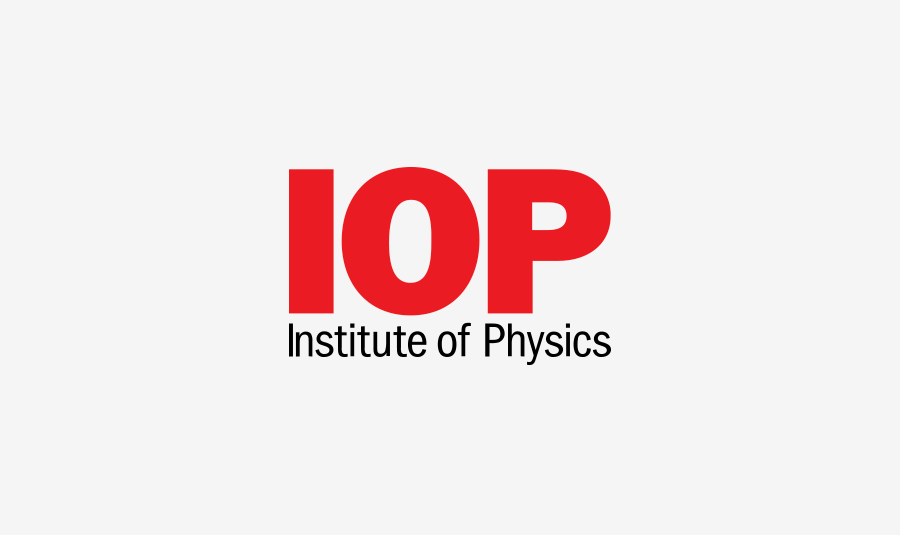Journals hoping that Clarivate Analytics — the company behind the Impact Factor — would reverse their decision to suppress their titles from the closely watched metric are batting .500.
In July, as we reported, Clarivate suppressed 33 journals from its Journal Citation Reports (JCR), which means they will not have a 2019 Impact Factor, because of what Clarivate said was excessive self-citation. As affected journals have noted, suppression from the list can have a major impact on journals and researchers, many of whom are judged based on where they publish, using Impact Factor as a key metric.
Two journals — Zootaxa and the International Journal of Systematic and Evolutionary Microbiology — successfully appealed the decision, and have been reinstated in the 2019 JCR. But appeals by two others — Body Image and Forensic Science International: Genetics (FSIGEN) — have been denied, Retraction Watch has learned.
Between August 18 and August 26, nearly 500 forensic scientists from 49 countries signed a petition objecting to Clarivate’s move, according to Ulises Toscanini, director of the Laboratory PRICAI-Fundación Favaloro and a professor at Favaloro University in Buenos Aires. Toscanini, president of the executive committee of the Spanish and Portuguese Speaking Working Group of the International Society for Forensic Genetics, said FSIGEN “is a ‘niche’ journal,” and is “broadly recognized as the top journal of the area.” He continued:
Continue reading Major indexing service rejects appeals by two suppressed journals



